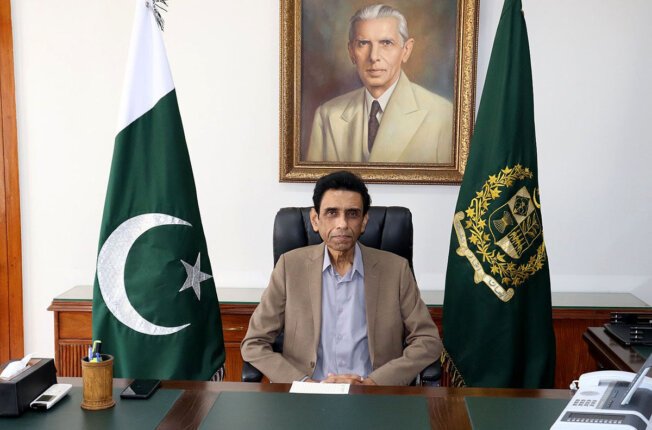Six to be abolished, four merged out of its 17 institutions under MoST
ISLAMABAD: In a landmark decision, the Federal Cabinet has approved a comprehensive overhaul of the Ministry of Science and Technology (MoST), marking one of the most significant steps in its ongoing rightsizing efforts. This decision, based on recommendations from the Rightsizing Committee, seeks to enhance efficiency, eliminate redundancy, and align operations with national priorities.
Under this restructuring, six entities will be abolished, and four will be merged out of MoST’s 17 institutions, while the ministry itself will see a 30% reduction in workforce. The move aims to create a leaner, more streamlined organization capable of addressing Pakistan’s evolving scientific and technological needs. The staff-to-officer ratio will also be reduced from 5:1 to 2.5:1, and vacant or redundant posts will be eliminated to further enhance operational efficiency.
Among the entities facing dissolution is the Council for Works and Housing Research (CWHR). While the institution will be wound up, a few critical experts—numbering between three and four—will be retained within the ministry to preserve essential expertise. Similarly, the Pakistan Council for Science and Technology (PCST) will cease operations, retaining only indispensable personnel to continue its core functions.
The Pakistan Council for Renewable Energy Technology (PCRET) will see its research functions merged with academic institutions like NUST or NUTECH, fostering better alignment and networking opportunities. If these institutions show no interest, PCRET’s operations will be closed. A similar fate awaits the National Institute of Electronics (NIE), which will be merged with a suitable organization, though closure remains an option if no integration partner is found.
The Scientific and Technological Development Corporation (STEDEC), which has had limited impact over its 40-year history, will also be shut down. The Cabinet highlighted that its small scale and minimal reach have not aligned with national aspirations. Meanwhile, the Pakistan Standards and Quality Control Authority (PSQCA) will narrow its focus to standard-setting functions, with processes becoming fully digitalized and the workforce halved.
Reforms extend to the Pakistan Engineering Council (PEC), which will undergo optimization, cutting staff by 20-25% through digitalization and a shift to risk-based policies. Similarly, the Pakistan Halal Authority (PHA) will only be retained following a third-party review to assess its impact, recognition, and efficiency.
On a brighter note, universities under the ministry—NUST, NUTECH, and COMSATS University Islamabad—will be retained, but with a renewed focus on achieving financial self-sufficiency within 3-5 years and improving their global rankings. The Pakistan Council for Scientific and Industrial Research (PCSIR) will also undergo a third-party review, with a targeted workforce reduction of 20-30%.
Pakistan Science Foundation (PSF) and the Pakistan Scientific and Technological Information Centre (PASTIC) will face stringent conditions for retention. Both entities will be required to secure non-governmental funding exceeding five times their expenses. If retained, PASTIC will merge into PSF to reduce redundancies.
The National Institute of Oceanography (NIO) will be transferred to a university or maritime institution, pending interest. Failing that, its future will be reassessed by January 31, 2025. The National Metrology Institute of Pakistan (NMIP) will continue its operations but eliminate all vacant posts as of October 30, 2024. In contrast, the Cosmetic Authority of Pakistan will be completely wound up, as it no longer aligns with national priorities.
With the reduction in affiliated entities, the central ministry itself will significantly downscale its workload. A 30% reduction in size and adjustments to staff-to-officer ratios are planned to ensure streamlined operations.
The Federal Cabinet has directed MoST to submit detailed implementation plans by January 20, 2025. To ensure accountability and transparency, third-party audits will be conducted under the supervision of the Rightsizing Committee.
This bold initiative underscores the government’s commitment to creating a lean, effective Ministry of Science and Technology that is aligned with modern governance and capable of driving Pakistan’s scientific and technological advancement.




